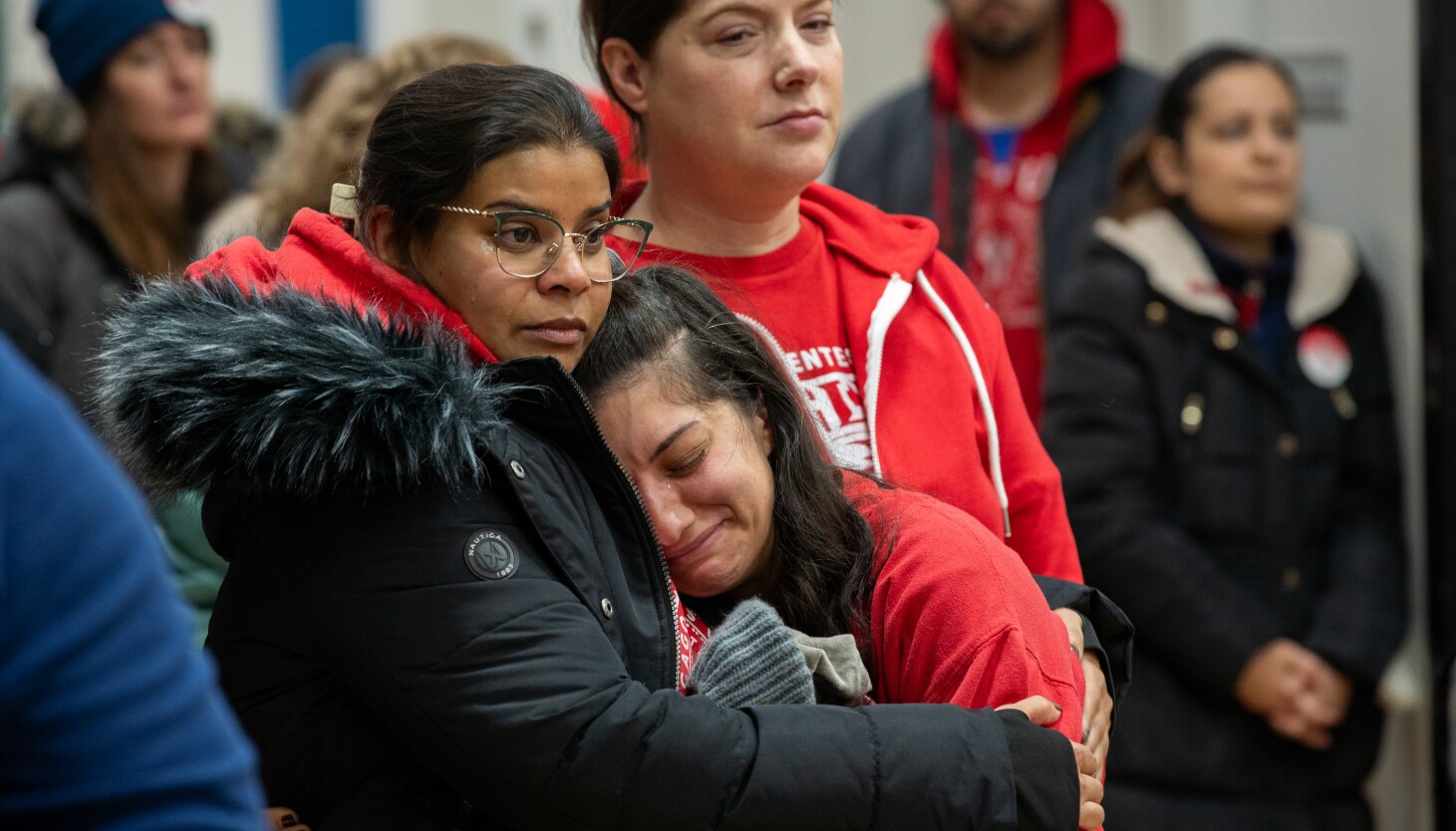
After weeks of protests from families and staff, Chicago’s Board of Education has decided to keep all seven Acero charter schools open for another year. However, the board plans to take over five of the campuses in 2026 and has threatened not to renew Acero’s contract to operate its remaining schools.
A special board meeting was scheduled for Friday to formally approve this plan. The resolution directs Chicago Public Schools (CPS) officials to work with Acero, potentially providing additional funds to cover a projected operating deficit for the 2025-26 school year. This solution was deemed the most affordable among several options considered, including complete district takeover, closure of all seven schools, or providing increased funding for at least two more years. The board instructed CPS to negotiate with Acero, exploring operational savings, revenue generation, and the use of Acero’s unspent reserves.
A recent WBEZ and Chicago Sun-Times analysis revealed that despite declining enrollment and rising teacher costs, Acero possesses tens of millions of dollars in cash reserves. This raised questions about the necessity of closing schools. Under the board’s plan, two schools – Acero Paz in Little Village and Acero Cruz in Rogers Park – would close after the 2025-26 school year. CPS officials identified these as the primary contributors to the projected deficit, suggesting their closure might eliminate it entirely. However, the board left open the possibility of taking over these schools in 2026. The remaining five schools (Cisneros, Casas, Fuentes, Tamayo, and Santiago) would become district-run schools in 2026-27.
The board resolution emphasizes the need for district support to ensure teacher and student retention during the transition. It explicitly links Acero’s cooperation to the renewal of their charter agreement in 2026, questioning whether Acero’s actions are consistent with the board’s educational mission. While CPS and the board lack the authority to force Acero to keep the schools open, both parties have indicated a willingness to collaborate.
Acero’s chief culture officer, Helena Stangle, stated that they learned of the resolution publicly and look forward to evaluating the plan and continuing discussions with CPS. However, questions remain regarding the necessity of these schools for CPS, given their condition (some buildings are outdated), declining neighborhood enrollment, and the need for curriculum adjustments to meet district standards.

